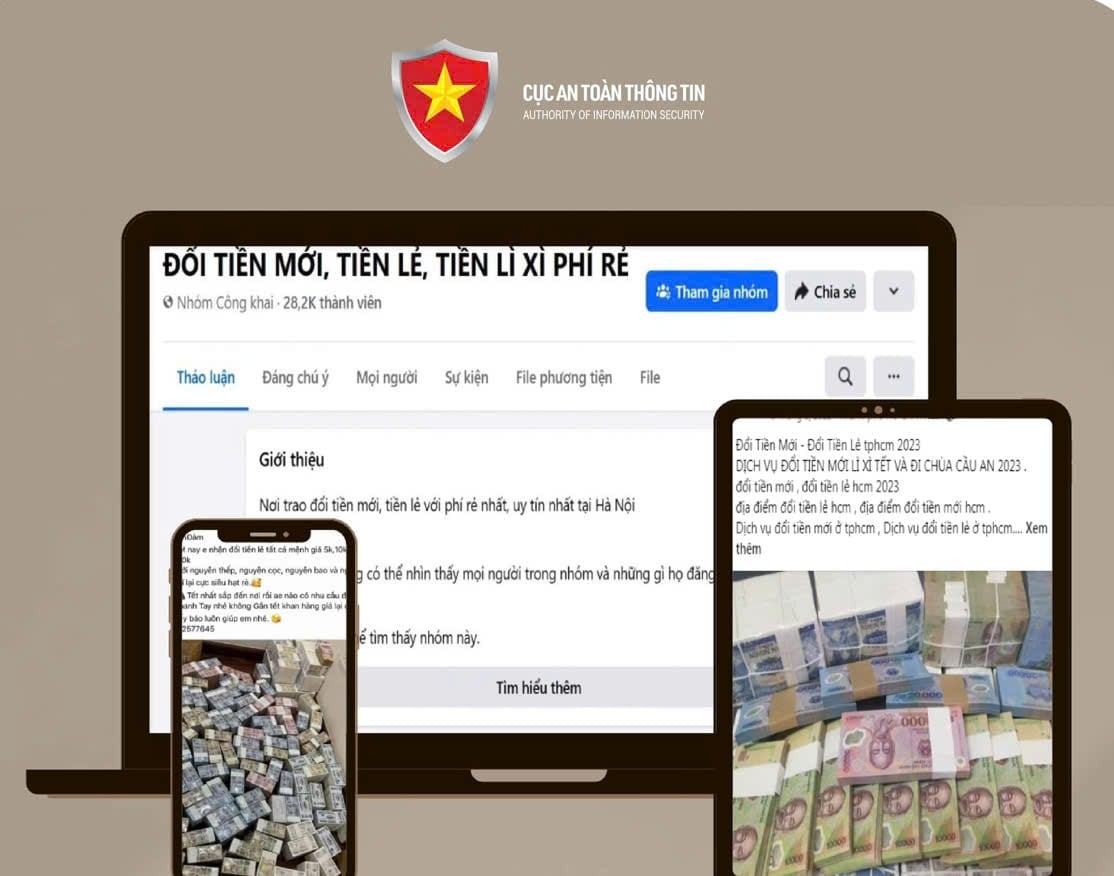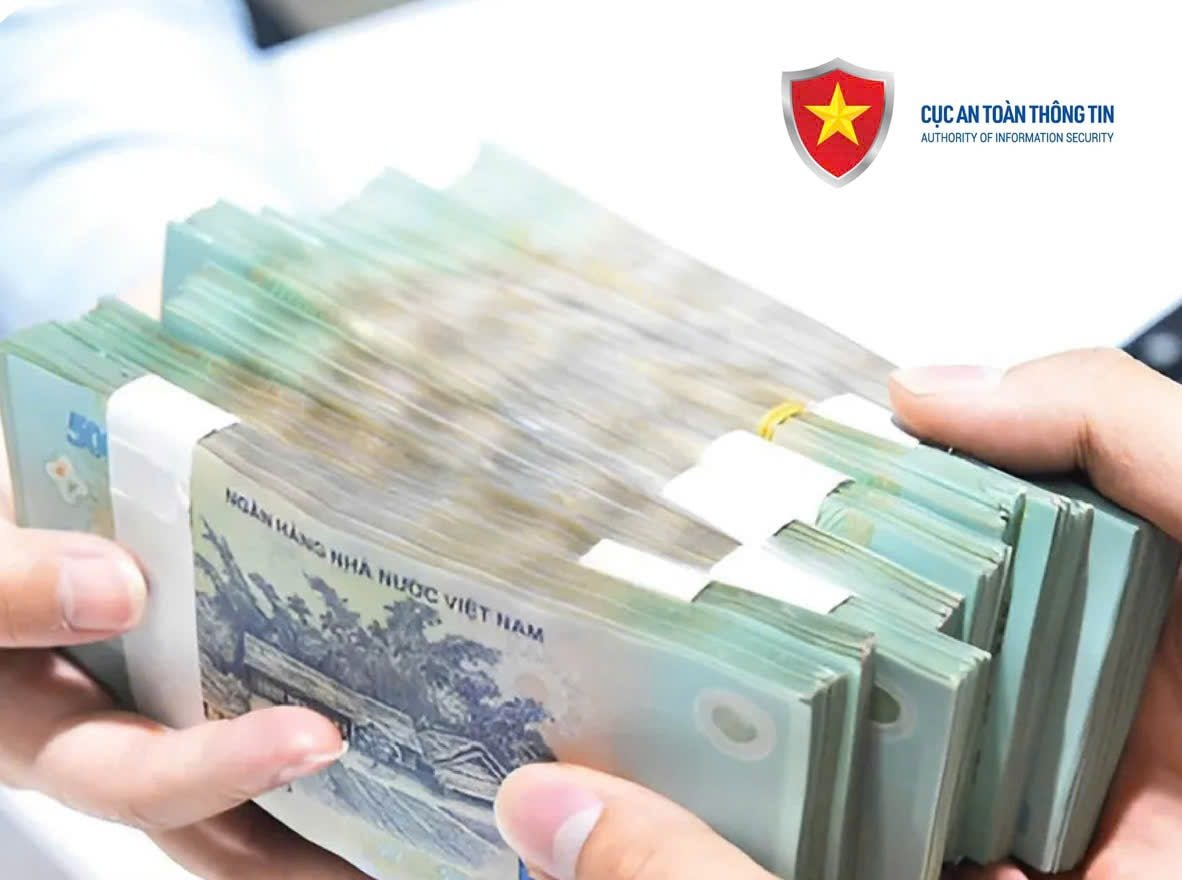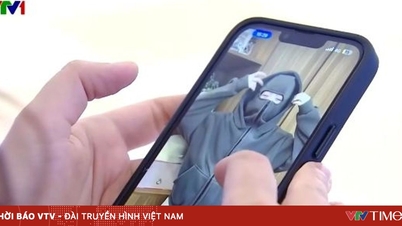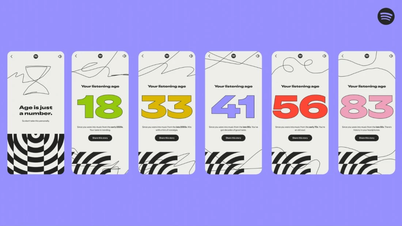Beware of money exchange services on social networks
Money exchange services on social networks near the Lunar New Year are becoming more and more popular, but at the same time, they also pose many risks. At this time, the demand for exchanging small change (new money) for lucky money or preparing for consumer activities during the Tet holiday is very large, which has created opportunities for online money exchange services to appear. However, scammers have taken advantage of the opportunity, playing on people's psychology and needs to commit fraud with extremely sophisticated tricks.

There have been many victims who have made transactions to exchange new money but when they received the money back, it was not as promised, or even when they received it back, it was counterfeit. There have been many cases where people have transferred money but the social network account owner has blocked contact and disappeared, "breaking" the customer's deposit. Usually, those who "fall into the trap" of scams and have their money exchanged for counterfeit money consider it "unlucky" and do not dare to report to the authorities for fear of being prosecuted for buying and selling counterfeit money.
In response to the above information, the Information Security Department recommends that people should be vigilant against unknown individuals and absolutely not exchange money via social networks to avoid becoming "prey" for fraudulent activities. Only use currency exchange services from banks, financial companies or reputable businesses with legal operating licenses. For services on social networks, before making a transaction, check feedback from old customers, reviews or legal certificates of the service; compare exchange rates with the market, do not trust services with exchange rates that are too high compared to the market. Be wary of services that require money transfer before receiving the goods. When detecting individuals storing or circulating counterfeit money or other fraudulent or profiteering activities, promptly report to the nearest police agency for measures to prevent and handle them according to the provisions of law.
Impersonating bank employees to defraud loans and maturity
This trick has caused many people, especially those who do not have much experience in finance, to fall into the trap of scammers.
Specifically, according to the Department of Information Security, recently the Investigation Police Agency, Dong Nai Provincial Police has issued a decision to prosecute the accused, an arrest warrant to detain Le Thi Huynh Nhu (born in 1998, residing in Xuan Loc district) to investigate the crime of "fraudulent appropriation of property." According to the initial investigation results, due to the need for money to pay off debt, from December 2023 to May 2024, Le Thi Huynh Nhu impersonated a bank employee, having customers who needed to borrow money to pay off the debt (such as tricking a man named S into borrowing 16.2 billion VND, borrowing 3.25 billion VND from Mr. D.TG), then appropriating it. Dong Nai Provincial Police Investigation Police Agency determined that although Le Thi Huynh Nhu's trick is not new, many people are still deceived.
The subjects often claim to be employees of a large bank, calling or texting customers with the excuse of "notifying about preferential loan packages" or "updating credit information". Then, they ask the borrower to provide personal information such as ID card number, bank account number, income level, loan purpose... If the customer has a loan at the bank, the subject will notify "payment due" or "need to extend the loan". They ask the customer to transfer money to another account or provide personal financial information to "ensure the transaction". After the victim trusts and follows the instructions, the subject will present reasons to make the victim wait, then block all communication and appropriate all the money.

People should note that banks will not proactively call customers to request account information, passwords, or request payments over the phone. Notifications about loans, loan maturity or changes related to your account will usually be sent via the bank's official email or through secure channels such as banking apps, not via phone or strange messages.
The Information Security Department recommends that people proactively call the bank's official phone number to verify the identity of the subject. Absolutely do not provide personal information such as ID card; bank account, OTP code,... in any form. If anyone asks you to provide this information, immediately refuse and notify the bank. Do not follow the instructions of strangers, especially related to money transfers. Do not access strange links or download applications of unknown origin. In case of suspected fraud, people need to immediately report to the nearest police station for instructions on how to handle it.
Source: https://daidoanket.vn/canh-giac-truoc-cac-dich-vu-doi-tien-moi-vay-dao-han-ngan-hang-10297878.html






![[Photo] Cat Ba - Green island paradise](/_next/image?url=https%3A%2F%2Fvphoto.vietnam.vn%2Fthumb%2F1200x675%2Fvietnam%2Fresource%2FIMAGE%2F2025%2F12%2F04%2F1764821844074_ndo_br_1-dcbthienduongxanh638-jpg.webp&w=3840&q=75)









































































































Comment (0)